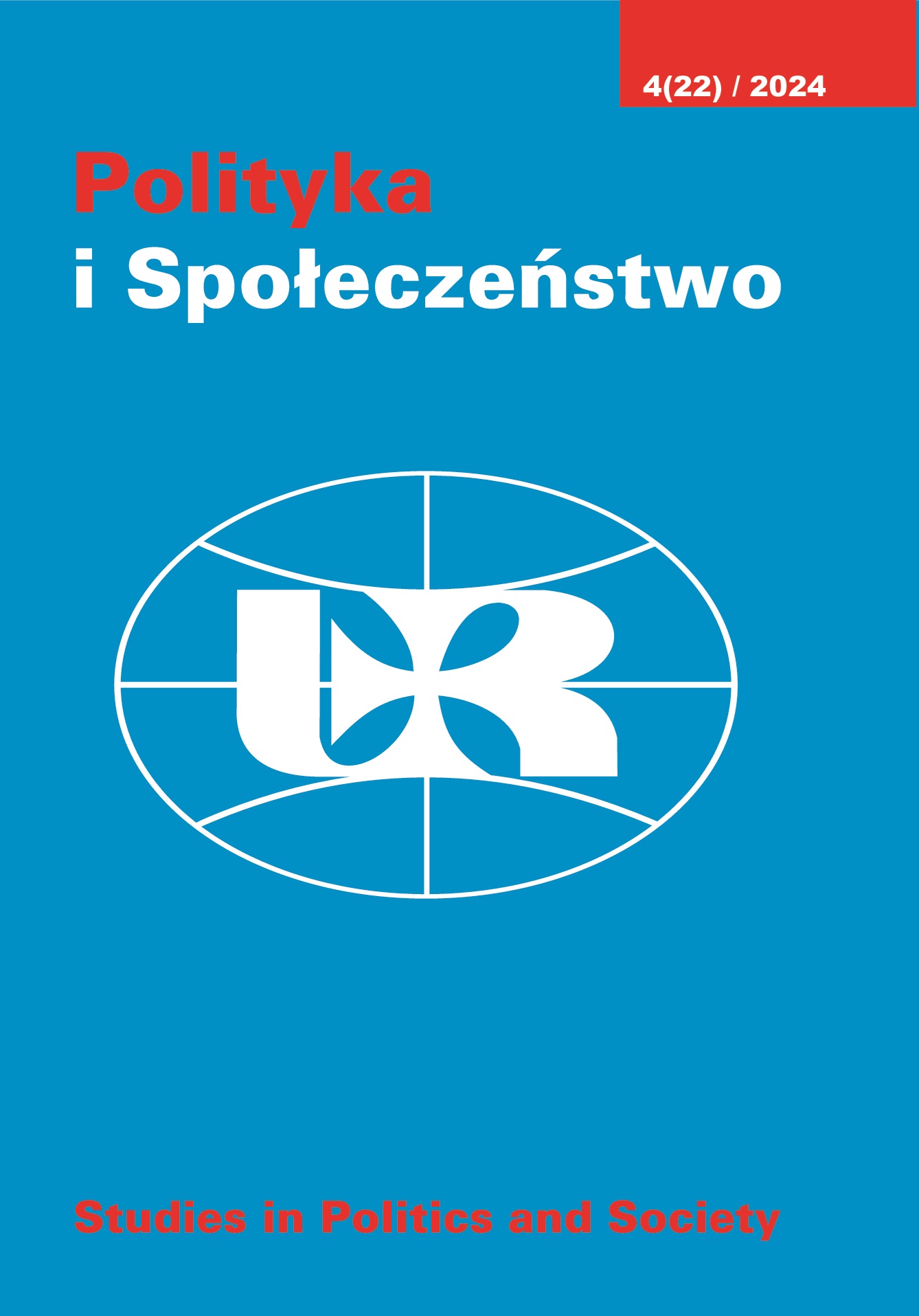Illegal activities of foreigners in the process of legalization of their stay in Poland. Analysis of selected vulnerabilities and methods
DOI:
https://doi.org/10.15584/polispol.2024.4.18Keywords:
migration, legalization of stay, internal securityAbstract
The subject of the study is to present the issues of selected methods of activity of foreigners who, as a result of global and regional migration processes, join the official procedure of legalization of their stay in Poland. In accordance with the applicable legal regulations, foreigners exempt from the visa requirement under the so-called visa-free travel, as well as foreigners during the validity of the residence title entitling them to enter and stay on the territory of Poland, are entitled to enter and stay on the territory of Poland. During the period of validity of residence permits, a foreigner may submit an application to the voivode competent for the place of his/her residence for legalization of stay in Poland by issuing an appropriate permit. The aim of the article is to identify selected vulnerabilities and methods of action of foreigners who, in the procedure of applying for legalization of stay in Poland, submitted an appropriate application to the Podkarpackie Voivode with the attached documentation, where, as a result, the authority ended the administrative proceedings in this case with a refusal resulting from the premise "he testified untruthfully or concealed the truth, or forged or altered a document in order to use it as authentic or used such a document as authentic". The main findings used in the publication were made on the basis of data for the years 2014-2024 obtained from the Office for Foreigners, the Bieszczady Border Guard Unit and the Podkarpackie Voivodeship Office.
Downloads
Published
How to Cite
Issue
Section
License
Copyright (c) 2024 Polityka i Społeczeństwo

This work is licensed under a Creative Commons Attribution-ShareAlike 4.0 International License.


